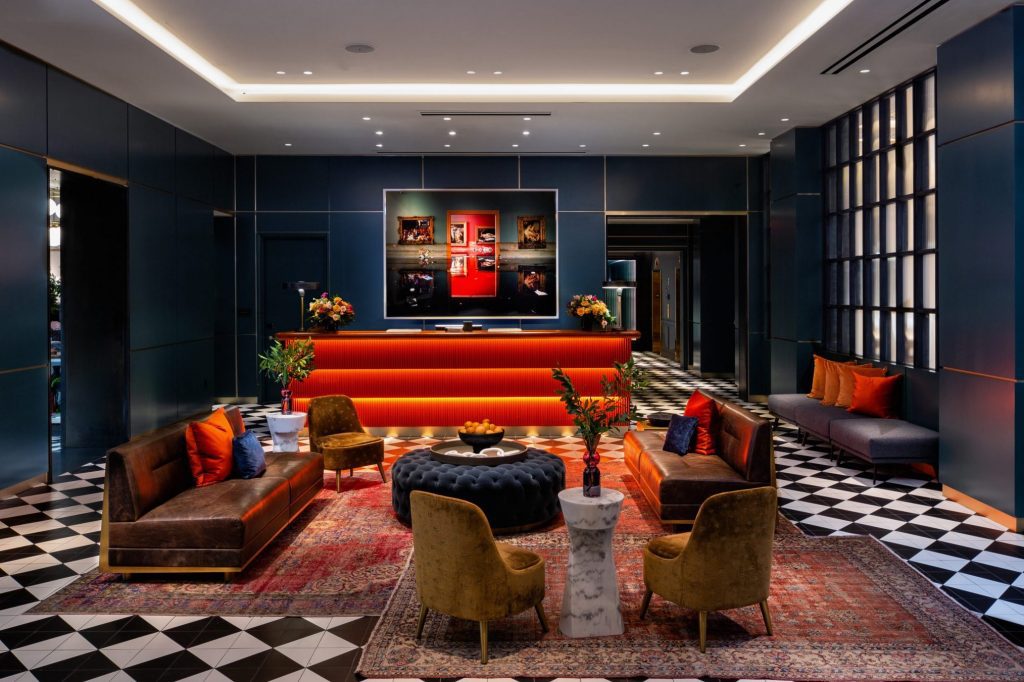Lifestyle-Brand Veteran Dream Hotel Group to Expand Aggressively

Skift Take
It's no secret that lifestyle brands cater to a particular type of traveler, but that doesn't mean there isn't plenty of money still to be made in the space. As lifestyle veterans, Dream Hotel Group could have a leg up over larger chains that have more capital to play with.
Lifestyle brands have seen explosive growth due to their appeal from travelers looking for more cultural experiences. Now smaller players in the hotel industry are looking to increase their prowess in the space too.
New York-based Dream Hotel Group is eyeing aggressive expansion of its company portfolio in efforts to tap into travelers' growing appetite for the trend.
The company, comprised of four higher-end and luxury lifestyle chains, either owns or manages 19 locations in North America and Asia with more hotels in the pipeline in Europe and the Middle East. Its brands include Dream Hotels, Unscripted Hotels, Time Hotels, and The Chatwal.
The hospitality group’s goal is to have 50
